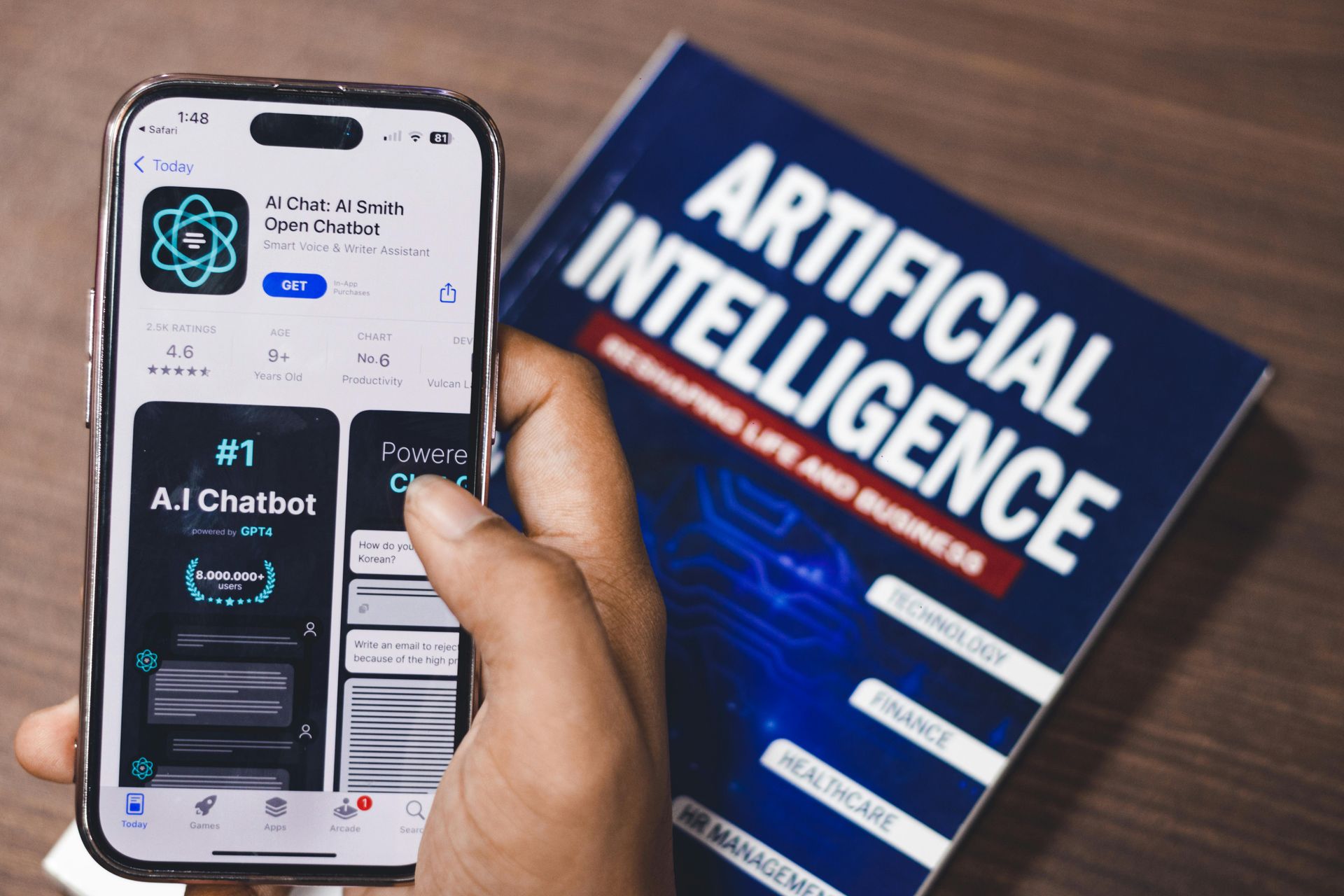AI Development Isn’t the Future. It’s the Standard.
Why Businesses Must Embrace AI Now to Stay Competitive

The AI Paradigm Shift
Artificial Intelligence (AI) has transitioned from a futuristic concept to a present-day necessity. In 2025, AI is not just an emerging technology; it's the backbone of modern business operations. Companies across various industries are integrating AI to enhance efficiency, drive innovation, and maintain a competitive edge.
The Ubiquity of AI in Today's Business Landscape
AI's integration into business processes is widespread and multifaceted:
- Manufacturing: China is leading the charge by deploying AI-powered humanoid robots to revolutionize its manufacturing sector, addressing labor shortages and economic challenges. Reuters
- Finance: Major financial institutions like JPMorgan and Goldman Sachs are utilizing AI for tasks ranging from IPO drafting to investment analysis, significantly enhancing productivity and decision-making processes. Business Insider
- Retail: Retailers such as Victoria’s Secret and Swarovski have adopted AI to personalize marketing strategies and improve customer service, leading to increased sales and customer satisfaction. Vogue Business
- Education: Platforms like Chegg are experiencing the disruptive impact of AI, with AI-driven tools offering students alternative solutions, prompting companies to reevaluate and adapt their business models. New York Post
The Imperative for AI Adoption
The rapid adoption of AI is not merely a trend but a strategic imperative:
- Operational Efficiency: AI automates routine tasks, allowing human resources to focus on strategic initiatives.
- Data-Driven Insights: AI analyzes vast datasets to uncover patterns and insights, facilitating informed decision-making.
- Customer Experience: AI enhances customer interactions through personalized recommendations and responsive service.
- Innovation: AI drives innovation by enabling the development of new products and services tailored to market demands.
Challenges and Considerations
While AI offers numerous benefits, businesses must navigate certain challenges:
- Data Privacy: Ensuring the ethical use of data and compliance with regulations is paramount.
- Workforce Impact: Organizations must address potential job displacement and invest in reskilling employees.
- Integration Complexity: Seamless integration of AI into existing systems requires careful planning and execution.
- Cost: Initial investment in AI technology can be substantial, necessitating a clear ROI strategy.
Case Studies: AI in Action
1. Manufacturing Transformation in China
China's investment in AI-powered humanoid robots aims to transform its manufacturing industry, addressing labor shortages and enhancing productivity. Reuters
2. Financial Services Innovation
Financial institutions like JPMorgan are leveraging AI to automate complex tasks, such as IPO drafting, resulting in increased efficiency and reduced operational costs. Business Insider
3. Retail Personalization
Retailers are utilizing AI to personalize marketing efforts, leading to improved customer engagement and increased sales. Vogue Business
Preparing for an AI-Driven Future
To remain competitive, businesses should:
- Develop a Clear AI Strategy: Align AI initiatives with business goals and customer needs.
- Invest in Talent: Cultivate a workforce skilled in AI technologies through training and hiring.
- Foster a Culture of Innovation: Encourage experimentation and adaptability within the organization.
- Ensure Ethical Practices: Implement guidelines to govern the responsible use of AI.
Conclusion: Embracing AI as the New Standard
AI is no longer a futuristic concept but a present-day standard that is reshaping industries. Businesses that proactively integrate AI into their operations position themselves for sustained success, while those that hesitate risk obsolescence. The time to embrace AI is now.







